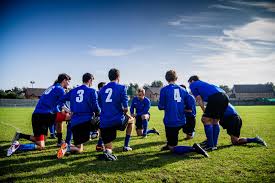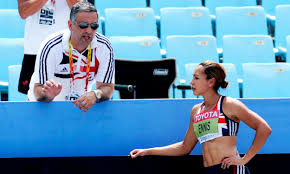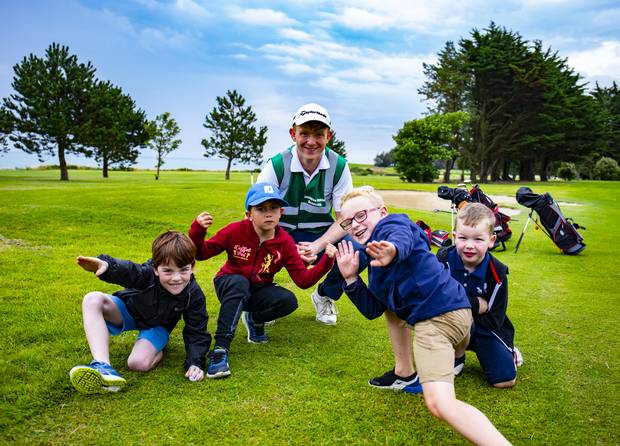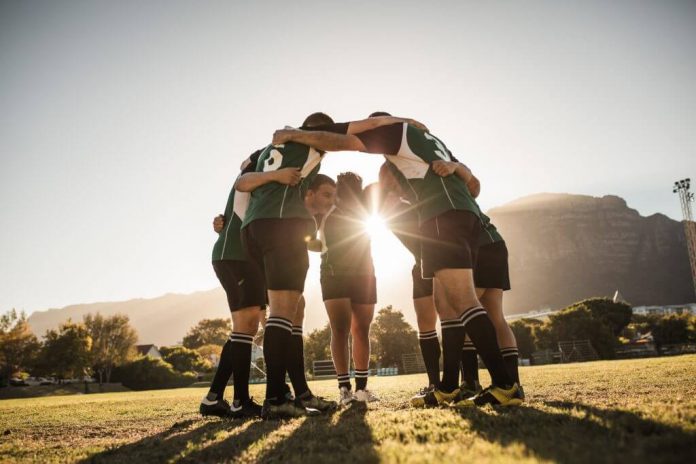Sportspeople regularly comment on the impact their coaches have had on them as athletes and people (both positive and negative). To excel in Sport Coaching it is important to understand this influence. Following is a list of tips for coaches to increase their chance of having a positive impact on their athletes. These are 12 Tips for Successful Sport Coaching:
Tip 1: Role Model
Sport Coaching is so much more than just turning up and letting your athletes run around for an hour. As a coach you must be ready to deliver training sessions and game days that reflect the needs of the athletes. If you’re not asking yourself “What is the best thing I can do for my athletes?” then maybe you’re not ready to coach at the moment.
Coaching teams in the heat of competition can be very emotional and a good coach needs to be able to control this. Are you “cool” under pressure? This is a vital skill and can be developed. Remember as a coach you are “a leader” and people look to you as a role model.
Tip 2: Know Yourself as a Coach
Understanding your personal sport coaching philosophy is important. This understanding will allow you to be consistent in the way you deliver your coaching. Ask yourself “Why am I coaching?”
- Are you a coach who wants to develop the skills of young people and ensure they enjoy participating in sport? Or are you more the “I want to win” type of coach?
Both thoughts are fine, although the type of team you should coach may differ. If you are an “I want to win” type coach, then maybe the under 8’s aren’t for you!
Tip 3: Know Your Athletes
It is important that you feel comfortable in addressing the needs and goals of the team.
If they are a group of athletes wanting to socialise with their friends and enjoy themselves, but you are a win at all costs type of coach then you are in for a very long season.
Ask your athletes:
- “Why are you playing this sport?”
- “What do you want to achieve this season?”
You will probably be surprised by the answers so make sure you listen carefully.

Tip 4: Accreditation
Gaining your accreditation will provide you with the skills and the confidence to enjoy the season and make a significant positive impact on your athletes. Access the National Coaching Accreditation Scheme (NCAS) that is in place to support the education and development of coaches. Contact your State Sporting Association (SSA) for information regarding sport-specific courses. Fit Education offers the following Sport Coaching Courses:
- Certificate II in Sport and Recreation
- Certificate III in Fitness
- Certificate IV in Fitness
- Diploma of Fitness
- Diploma of Sport
- First Aid and CPR
Tip 5: Keep Improving
Coaching is competitive and therefore ever-changing/improving. Self-evaluation is an essential skill. Ask yourself:
- What were some of the good things I did during the session?
- What are some things I can improve on?
- What did my athletes achieve?
The answers to these questions will guide you to make adjustments to your sport coaching. Also, look to be mentored by another experienced coach. Asking more experienced coaches to watch your sessions and provide feedback is a very powerful way to continue your improvement. Update your knowledge and skills by maintaining your accreditation and attending regular training courses that will assist your coaching development.
Fit Education offers the following continuing education courses:

Tip 6: Involve Parents
Involve parents from the outset to increase the chance that they will provide assistance throughout the season. This assistance could come in the form of help during your coaching sessions and game day or simply as support of your positive philosophies.
From the very outset:
- Encourage any help and support they are willing to provide
- Call a meeting to explain your coaching philosophy and expectations for the season
- Encourage parents to support this philosophy and expectations
- Encourage them to positively encourage their children
- Demonstrate that you are prepared to listen to their concerns and issues
- Highlight that the development of their child is a team effort.
Tip 7: Be patient
All coaches require patience. Guiding a group of athletes through the development of skills is at the best of times challenging. However, it can also be very rewarding. If you feel your patience wearing thin, stop, take a breath, rethink the situation and then either continue or try another tack. Remain cool. If this is an ongoing issue for you, find an experienced coach / mentor that can provide you with a few more tips.
Tip 8: Respect
The successful delivery of sport is a group effort. Coaches are role models and they must always be respectful in their conduct with players, spectators, officials and other coaches.

Tip 9: Planning
Failing to plan is planning to fail.
Even the most experienced coach needs to plan. Planning increases the chance that the session will run smoothly and effectively, and it also increases the chance that sessions will be sequential throughout the season.
Tip 10: Maximum Participation
If you have ever coached, you know that the difference in skill levels within your team can be significant. An inclusive coach is one that adapts and modifies activities and games to ensure that the greatest opportunity is given for all athletes to participate regardless of their age, gender, disability, skill level or ethnic background.
If athletes are going to improve then they have to practice – a lot.
Introducing practices and activities that involve small groups and lots of equipment assists in helping athletes develop skills and strategies more quickly. Time spent waiting in long lines is time wasted.
Tip 11: Observation
Coaches love to talk. However, there is usually a lot of time when they need to stand back, let their athletes practice and observe what is going on.
What should you be observing?
- Look for ways to increase participation within the group
- Are there any faults with the activity or technique as indicated by the struggle of athletes?
- Is one particular athlete struggling that needs your help?
- Are athletes following the instructions you gave them or do you need to repeat the explanation?
There are also times when athletes need to focus on their practice in peace and quiet.
- Keep the coaching points to a minimum. Athletes usually only remember one to three points so after that you are wasting your breath
- And while you are at it, remember to listen. Athletes can provide a huge amount of information on how effective your coaching is.
Provide feedback to the athletes based on the observations. Feedback is an excellent way to learn and develop.
- Remember that over 60 per cent of any message comes from body language. Make your actions match your words and where possible show things rather than explaining them.
When you are ready to explain a drill, skill or tactic, try to demonstrate it rather than just talk it through. It will usually be faster to do and there is much better chance your athletes will understand what is required.

Tip 12: Safety
- There is nothing more important than the safety of our children / athletes.
- At the beginning of the session, check the area you will be training in. Look for anything that may cause an injury (e.g. rocks, glass, unprotected goal posts, fences etc.).
- Also, ensure that the drills/games you deliver are safe.
- Ensure protective equipment is used (shin guards, mouthguards etc.).
- During the session, keep the area clear of loose equipment that players may trip on.
- Know your first aid or know someone who does.
- At the very least, ensure there is a basic first aid (including ice) available at all training sessions and games.
- Your specific sport should have developed Codes of Behaviour for its coaches. These provide a set of guidelines that when followed will provide a safe and positive environment for athletes to participate in.
If you enjoyed this article , try reading the Youth Coaching Advice, or Sport Coaching Employment Statistics
If you have are interested in studying to work in coaching, you can schedule a phone call with our Careers Adviser, just click in the image below.

